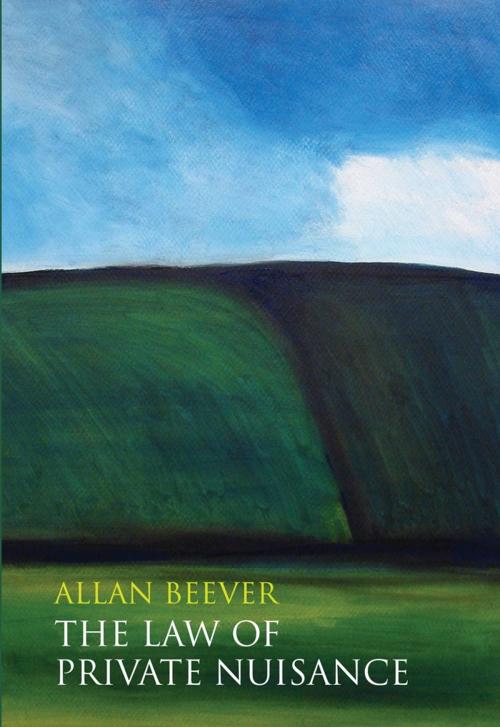| Author: | Allan Beever | ISBN: | 9781782253402 |
| Publisher: | Bloomsbury Publishing | Publication: | July 18, 2014 |
| Imprint: | Hart Publishing | Language: | English |
| Author: | Allan Beever |
| ISBN: | 9781782253402 |
| Publisher: | Bloomsbury Publishing |
| Publication: | July 18, 2014 |
| Imprint: | Hart Publishing |
| Language: | English |
It is said that a nuisance is an interference with the use and enjoyment of land. This definition is typically unhelpful. While a nuisance must fit this account, it is plain that not all such interferences are legal nuisances. Thus, analysis of this area of the law begins with a definition far too broad for its subject matter, forcing the analyst to find more or less arbitrary ways of cutting back on potential liability. Tort law is plagued by this kind of approach.
In the law of nuisance, today's preferred method of cutting back is to employ the notion of reasonableness. No one seems to know quite what 'reasonableness' means in this context, however. This is because, in fact, it does not mean anything. The notion is no more than the immediately recognisable symptom of our inadequate comprehension of the law.
This book expounds a new understanding of the law of nuisance, an understanding that presents the law in a coherent and systematic fashion. It advances a single, central suggestion: that the law of nuisance is the method that the common law utilises for prioritising property rights so that conflicts between uses of property can be resolved.
It is said that a nuisance is an interference with the use and enjoyment of land. This definition is typically unhelpful. While a nuisance must fit this account, it is plain that not all such interferences are legal nuisances. Thus, analysis of this area of the law begins with a definition far too broad for its subject matter, forcing the analyst to find more or less arbitrary ways of cutting back on potential liability. Tort law is plagued by this kind of approach.
In the law of nuisance, today's preferred method of cutting back is to employ the notion of reasonableness. No one seems to know quite what 'reasonableness' means in this context, however. This is because, in fact, it does not mean anything. The notion is no more than the immediately recognisable symptom of our inadequate comprehension of the law.
This book expounds a new understanding of the law of nuisance, an understanding that presents the law in a coherent and systematic fashion. It advances a single, central suggestion: that the law of nuisance is the method that the common law utilises for prioritising property rights so that conflicts between uses of property can be resolved.















